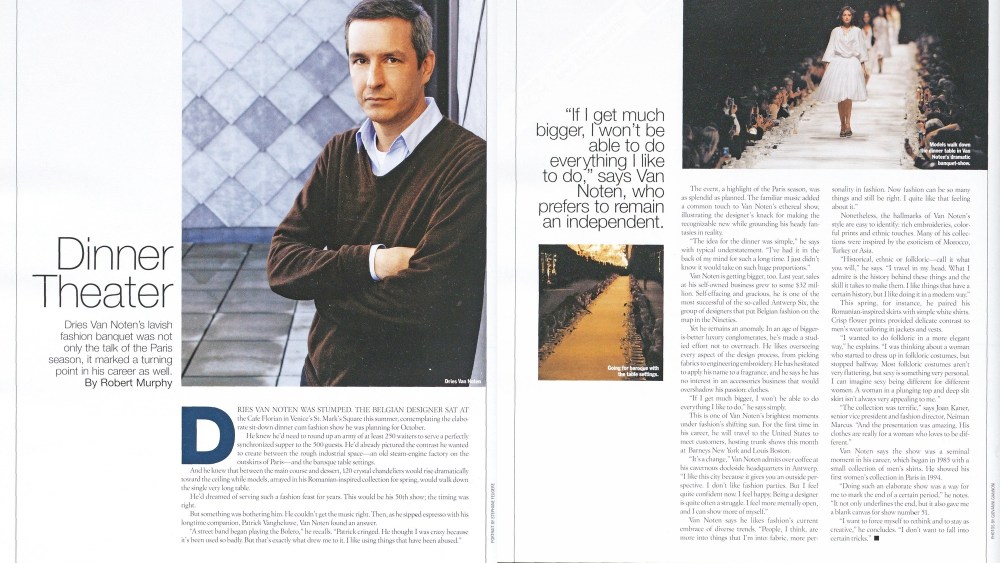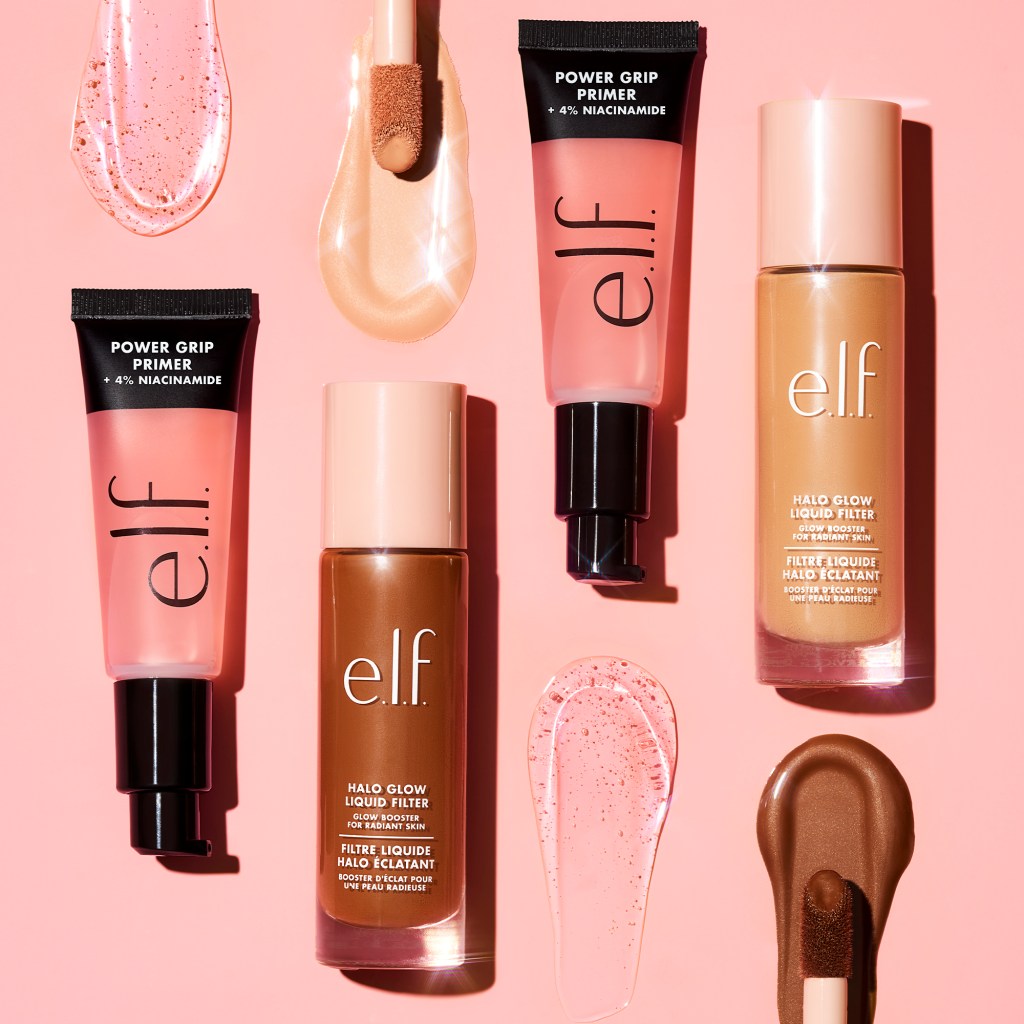Image Source: Getty / Mike Coppola
As far as tattoo trends go, fine-line designs took Hollywood by storm a few years ago and never turned back. The minimalist style first gained traction nearly a decade ago, with artists like Dr. Woo and JonBoy etching itty-bitty tattoos on A-list stars like Hailey Bieber, Zoë Kravitz, Yara Shahidi, and Hilary Duff. Since then, fine-line tattoos have only grown in popularity.
Unlike the thicker and heavier-looking traditional tattoos that were popular in the mid-2000s, fine-line designs have become the go-to style for anyone looking to add a dainty or tiny design to their collection. Though still impactful and stunning, fine-line tattoos are typically much fainter by comparison to other tattoos due to their thin-line work.
If you’re considering getting a fine-line tattoo, keep reading to learn more about the ink style from two tattoo artists.
Experts Featured in This Article
Ilia is a tattoo artist at Addicted to Ink in New York City.
Pobi is a New York City-based tattoo artist.
What Are Fine-Line Tattoos?
Fine line designs don’t just look different from other tattoo styles – they’re technically different, too. “A fine-line tattoo is done with a single needle or a really thin grouping of needles to create a really fine outline, as opposed to the traditional bold outline seen on tattoos of past generations,” Ilia, tattoo artist, tells PS.
You can get a variety of designs using the fine-line style, but the most popular are realism tattoos, which were a big trend prediction in 2020. “[They’re] the most known for their fine-line tattoo style as they typically include a ton of tiny details.”
Ultra-fine tattoos are often compared to jewelry and really shine in places where you typically accessorize, like the wrist, the fingers, by the ears, the neck, and so on. They’re widely loved because they “add to, but don’t distract from, the rest of your ‘look,'” Ilia says. Pobi, a tattoo artist in NYC, adds: “Fine-line tattoos are a great choice if you’re looking for dainty, delicate tattoos.”
Fine-Line Tattoos vs. Traditional Tattoos: What’s the Difference?
The biggest different between fine-line tattoos and other traditional tattoo styles is the look of the artwork – they’re typically more subtle and delicate.
Though both hurt the same amount and take equally as long to do, the healing process is very different. “The tattoo will not scab nearly as much,” Pobi says. “When a thicker tattoo heals, it is typical for the tattoo to scab over during the healing process; however, you will not notice this as much with finer-line pieces.”
Do Fine-Line Tattoos Age Well?
Fine-line tattoo aging is one of the biggest differentiators between this style and others. “They require more frequent touch-ups throughout their lifespan due to the small diameter of the needle not being able to pick up or deposit large quantities of ink,” Ilia says. “Bolder, more detailed tattoos tend to hold up better over time simply because of the amount of ink in them and the body’s inability to break down the pigment as quickly.”
There’s no one-size-fits-all answer to exactly how long your piece will last. One person’s fine-line tattoos after 10 years can look completely different than someone else’s and that is to be expected. “Everyone’s body is different, and it will really all depend on a variety of factors on how the tattoo will heal,” Pobi says.
This isn’t necessarily a bad thing. Because of how faint the lines are, these tattoos are typically easy to add on to or modify if your tastes change or you just feel like changing things up. Another bonus: “Fine-line tattoos are also super easy to hide or overlook in conservative work environments,” Ilia says.
Placement Is Important With Fine-Line Tattoos
You should put a lot of careful thought and consideration into any tattoo placement, but that’s especially true with fine-line designs. “For the best immediate and long-term outcome, you’d want the tattoo to be somewhere that doesn’t experience a lot of friction or damage from your environment,” Ilia says.
Another important thing to note is that your fine-line tattoo may change slightly after it heals. “They never look quite as fine and dainty as they do on their first day” Ilia says. “Depending on your unique physiology and lifestyle, the tattoo can either fade significantly or spread to a width that you didn’t anticipate.” Though this happens with all tattoos, it can be more obvious because of the delicate nature of this style.
Are Fine-Line Tattoos Always Small?
Size matters with fine-line tattoos as well. “It can be harder to do much larger-scale pieces, like a full sleeve, with just a single needle,” Pobi says. Less is more here. Ilia adds: “The more you try to fit in, the higher the chance the piece will look too busy or muddled with age.” So keep it small and simple.
When in doubt, just chat with a professional tattoo artist who specializes in this delicate ink style.
Fine Line Tattoo Ideas
Trying to decide on a tattoo is already hard enough, so if you’re ready for your own fine-line design, we’ve gone ahead and rounded up a few pieces of inspiration for you ahead.
Fine-Line Flower Tattoos
Floral tattoos are popular already, but if you’re a person who loves more minimal designs, try one using the fine-line technique. Take your design up a notch with the addition of geometric elements like the triangles seen here.
Fine-Line Butterfly Tattoo
If you’re more of an animal lover, why not give a nod to the ’90s with a fine-line butterfly tattoo? Get it on the lower back to emulate icons like Mariah Carey, or keep it tiny and hidden behind the ear. Whichever you decide, one thing’s for certain: you can’t go wrong with this idea.
Fine-Line Rose Tattoo
Roses can be a common choice, but they look especially dainty in fine-line tattoo form. While some designs can sprawl the entire section of the body like the back or forearm, tiny body art like this one feel especially romantic.
– Additional reporting by Ariel Baker
Jessica Harrington is the senior beauty editor at PS, where she writes about hair, makeup, skin care, piercings, tattoos, and more. As a New York City-based writer and editor with a degree in journalism and over eight years of industry experience, she loves to interview industry experts, keep up with the latest trends, and test new products.
Ariel Baker is the associate editor for PS Beauty. Her areas of expertise include celebrity news, beauty trends, and product reviews. She has additional bylines with Essence and Forbes Vetted.




